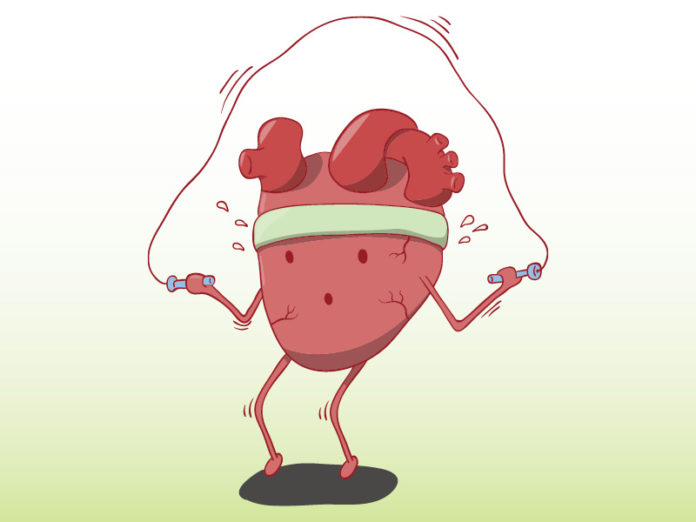
February is Hearth Month – a great time to review the health and strength of that most important muscle!
1. Plant Power
Eating a plant-based diet is a great way to maintain your health and keep your heart as healthy as possible. Dr. Caldwell Esselstyn, physician and author, is one of many experts promoting a whole-foods, plant-based diet. Esselstyn encourages eliminating all oil, nuts and animal products in order to reduce harm to the inner lining of the arteries. Using his approach can prevent and even reverse heart disease according to Dr. Esselstyn.
2. Move It!
Get moving! You were built to move and there’s no getting away from it: you need to move that body of yours. The Canadian Heart and Stroke Foundation recommends adults get at least 150 minutes of moderate to vigorous aerobic activity per week. This can be achieved in 10 minute increments if that works for you.
3. Go Deep
Deep diaphragmatic breathing several times a day is not only relaxing, it slows the heart rate and can lower your blood pressure, according to Harvard Medical School. Most of us tend to be shallow breathers unless we’re exercising, and the diaphragm is a muscle that benefits from training. So sit back, take a deep breath and release slowly five times. You’ll be surprised how good it feels.
4. Floss Your Teeth
The Cleveland Clinic reports that bacteria from your mouth due to gum disease can move into your bloodstream and increase your C-reactive protein, an indicator of inflammation in the blood vessels. This could mean an increased risk for heart disease.
5. Get More Zzzzz’s
Getting enough sleep will help you with a host of issues from stress to disease prevention according to Mental Health Canada. Adults need an average of 7 – 8 hours sleep per night for proper immune and nervous system functioning.
6. Tame the Beast
You may be surprised to learn that snoring can be one of the biggest risk factors for heart disease.
A 2013 study at Henry Ford Hospital in Detroit by Robert Deeb, M.D. “… reveals changes in the carotid artery with snorers – even for those without sleep apnea – likely due to the trauma and subsequent inflammation caused by the vibrations of snoring.” The study found that snorers had thickening of the carotid arteries, one of the first signs of carotid artery disease.













